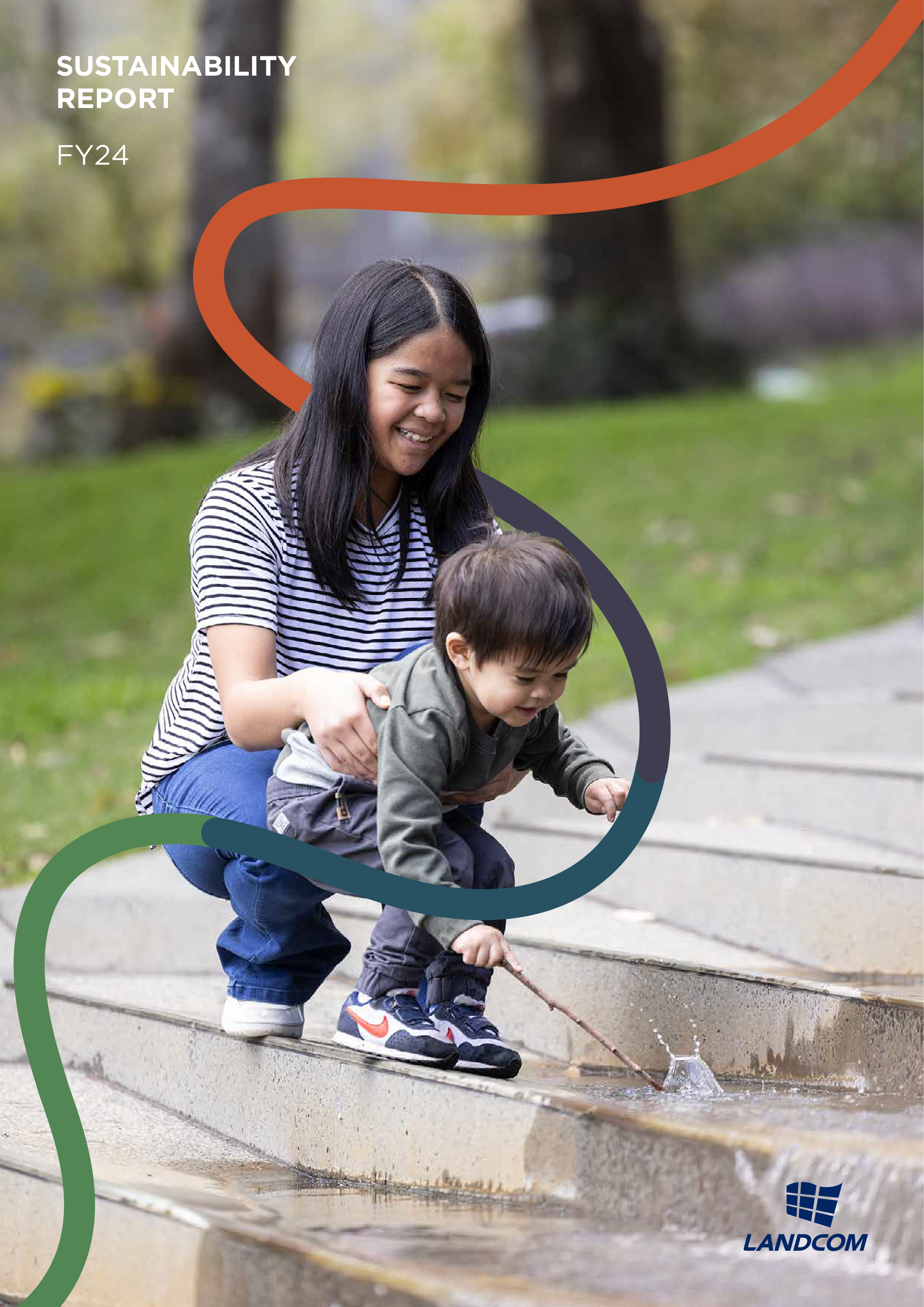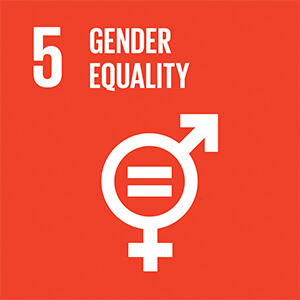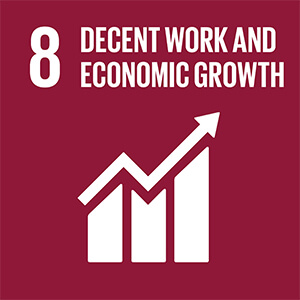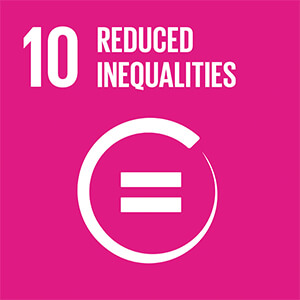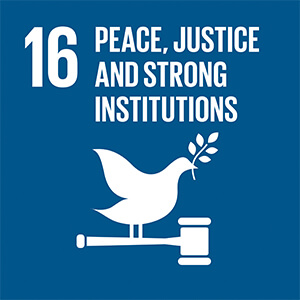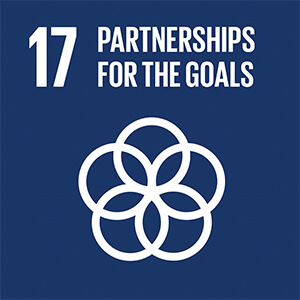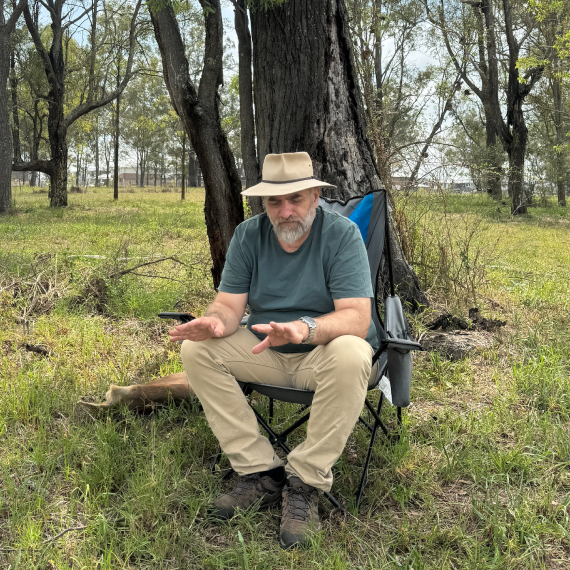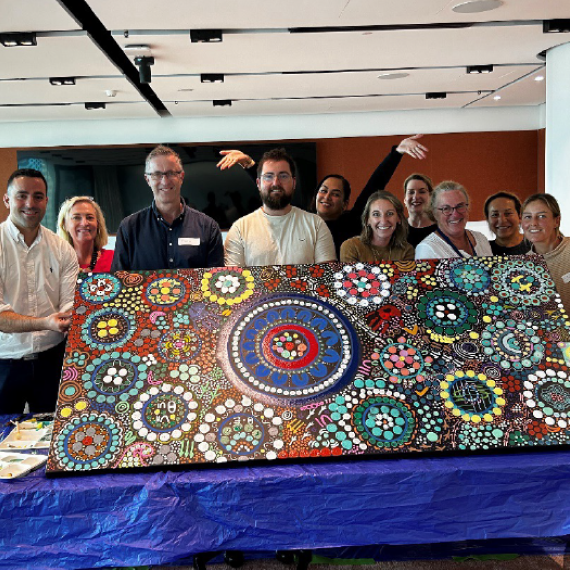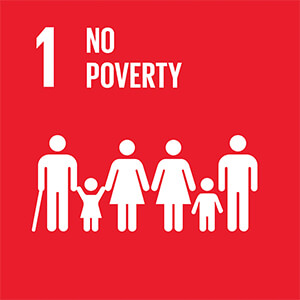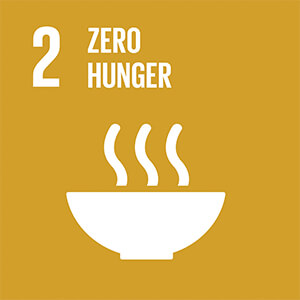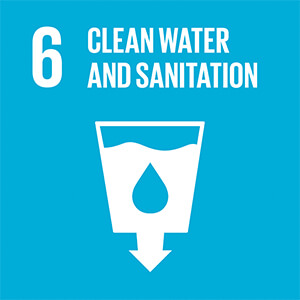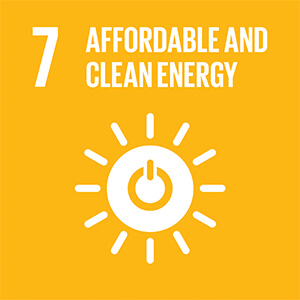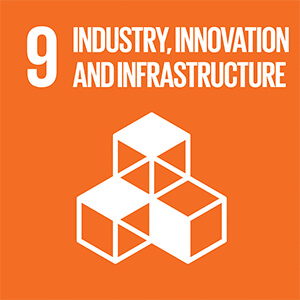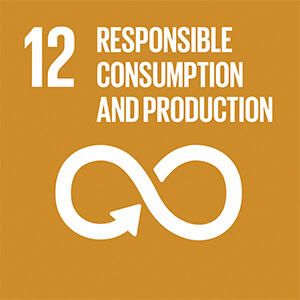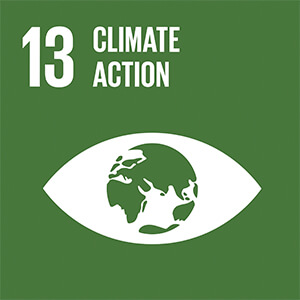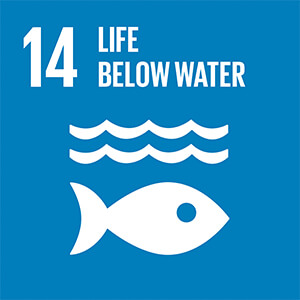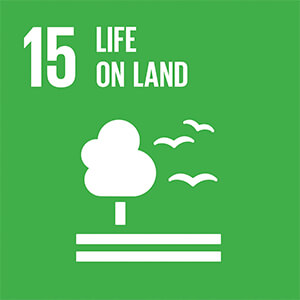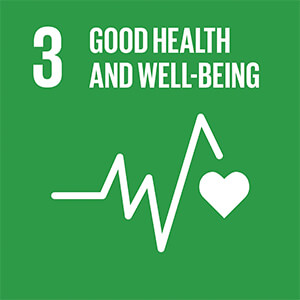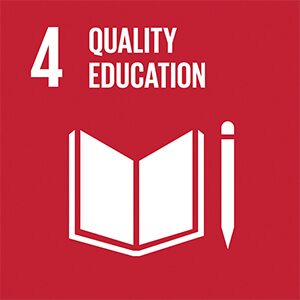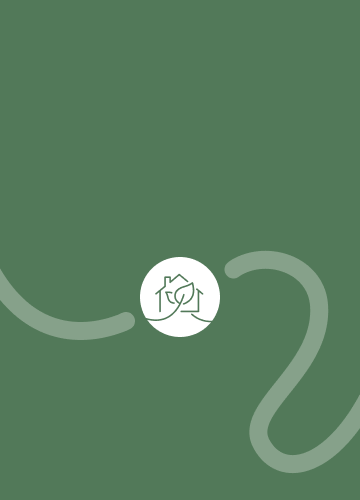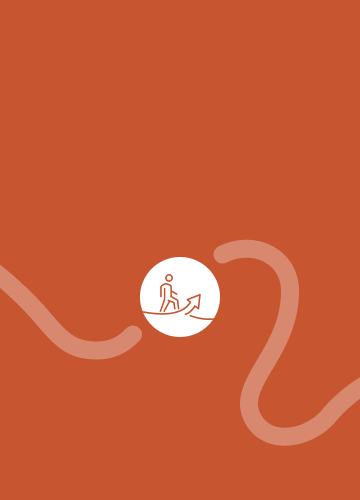Overview
Accountability means creating a system with a level playing field in which decisions are made for the betterment and benefit of all stakeholders. Performance means seeking ever greater improvements in efficiency and outcomes. Our value chain refers to all organisations that we deal with in operations.
By championing better ways to approach business, we seek to lead the industry in trust, transparency, governance and efficient outcomes.
Landcom addresses accountability and collaboration through the following focus areas:
- Accountability
- Human Rights.
Each of these focus areas includes a suite of priorities or actions to measure our success. While this pillar includes individual priorities for achievement, it also has a broad governance reach across Landcom’s entire Sustainable Places Strategy.
Case Studies
Management Approach
Landcom is committed to supporting international agreements, protocols and targets to ensure our planet and communities thrive into the future.
Urban development and the property sector make a material contribution to global emissions, the quality of life experienced by citizens and the resilience of our built and natural environments.
Therefore, Landcom believes it is critical to align with, and report our contribution towards the United Nations Global Compact, Sustainable Development Goals, Resilient Sydney Strategic Directions and COP21 Paris Agreement. We also voluntarily report against the Task Force on Climate-related Financial Disclosures, we are a reporting entity under the Modern Slavery Act 2018 (Cth) (the Act), and we have a Reflect Reconciliation Action Plan that guides our approach to First Nations engagement and is reportable to Reconciliation Australia.
|
|
||
|
United Nations Global Compact (UNGC) |
In February 2019 Landcom became a Participant of the United Nations Global Compact. We report our Communication on Progress annually. |
||
|
Sustainable Development Goals |
Our Sustainable Places Strategy was directly informed by the Sustainable Development Goals (SDGs). We report our contribution to the SDGs annually. |
||
|
Paris Agreement COP21 |
Our environmental leadership goal is to ‘enable carbon neutral outcomes at communities by 2028’. See Case Study: Net Zero Transition Plan, Case Study: Feasibility of deconstruction and Case Study: Preparing for TNFD. |
||
|
GRESB |
Landcom voluntarily participates in the GRESB Real Estate Assessment, which evaluates the environmental, social and governance performance of real assets. See GRESB. |
||
|
Climate Active Carbon Neutral Certification |
Landcom is a Climate Active certified Carbon Neutral Organisation. See Climate Active Public Disclosure Statement. | ||
|
Task Force on Climate-Related Financial Disclosures |
Landcom discloses its approach to managing climate change risks in accordance with the Task Force on Climate-related Financial Disclosures. See APPENDIX B: Task Force for Climate-related Financial Disclosures Disclosures and Case Study: Net Zero Transition Plan (p.19).
|
||
|
Task Force on Nature-related Financial Disclosures |
Following on from our approach to Climate-related Financial Disclosures, Landcom voluntarily adopts the recommendations of the TFND and aims to publicly disclose our approach to nature in FY25. See Case Study: Preparing for TNFD. |
||
|
NSW Government Resource Efficiency Policy |
We report our overall sustainability performance against the NSW Government Resource Efficiency Policy (GREP), which guides our approach to energy, water and waste efficiency in our corporate operations. See NSW Government Resource Efficiency Policy (GREP). |
||
|
Human Rights |
Landcom operates entirely within NSW, and as such benefits from the high standards of governance and legislation Australia adopts regarding human rights. We are a Participant to the United Nations Global Compact (UNGC) and support the ten principles on human rights, labour, environment, and anti-corruption. Landcom also has a public Human Rights Statement, see below. |
||
|
Commonwealth Modern Slavery Act 2018 |
Landcom is a reporting entity under the Act and provides our Board approved public statement within this report. See Modern Slavery Statement (p.58). |
Landcom’s public Human Rights Statement affirms our commitment to human rights and acting to ensure our operations uphold and protect the rights of every person in our value chain.
Our approach to Human Rights is informed by international best practice initiatives, including the (UNGPs), United Nations Global Compact to which Landcom is a signatory, and the Modern Slavery Act 2018 (Cth) (the Act), Guidance for Reporting Entities.
We believe that human rights are of growing importance to our staff and teams, stakeholders, suppliers and sub-contractors, industry peers and civil society groups, as well as our customers and communities. The business case and moral motivation for upholding human rights across our operations and supply chain are clear.
Our key focus areas for human rights include:
- demonstrating global standards of liveability, resilience, inclusion and affordability across our operations and communities
- encouraging diversity and inclusion in the workplace, via our Diversity & Inclusion Action Plan
- respecting and acknowledging First Nations people by implementing the actions in Landcom’s Reflect Reconciliation Action Plan
- addressing modern slavery through our supply chain, and in accordance with the Modern Slavery Act 2018 (Cth) (the Act).
More broadly, in 2019 we became the first Government Land Organisation to be accepted as a signatory to the Ten Principles of the United Nations Global Compact (UNGC). Our annual Communications on Progress is published by the UNGC each year. Landcom continues to remain a committed signatory advancing our contribution to fundamental responsibilities in the areas of human rights, labour, environment and anti-corruption.
Landcom also leverages our internal policies and frameworks to guide our approach, including our Reconciliation Action Plan, Diversity & Inclusion Policy and Action Plan, Employee Wellness Program, and Modern Slavery Management Plan.
Performance Results
See below our performance results for each of the reporting areas within our Accountable & Collaborative Places Pillar.
- Jump to:
- Accountability
- Human Rights
Accountability
Landcom reports our alignment and contribution to achieving the Sustainable Development Goals (SDGs)
Landcom’s Sustainable Places Strategy is aligned to all of the SDGs. Each year we will continue to track our progress against meeting the SDGs and their respective targets relevant to Landcom and our operations.
| Sustainable Places Strategy Pillar |
Sustainable Development Goals |
|---|---|
| Climate Resilient Places |
|
| Healthy & Inclusive Places |
|
| Productive Places |
|
| Accountable & Collaborative Places |
|
In FY24 Landcom participated in the GRESB Real Estate Assessment. This was our 8th year participating in GRESB, and this year continued to see an increase in overall participation from 2,084 listed and non-listed portfolios in 2023, to 2,223 this year. The continued increase in participation reaffirms the need for the real estate industry to commit to ESG transparency and improve sustainability outcomes.
Landcom achieved an overall score of 95/100, and ranks in the top 6 most sustainable residential development organisations in Oceania, and has exceeded the Peer Group average performance overall.
The following table summarises our results and benchmarking.
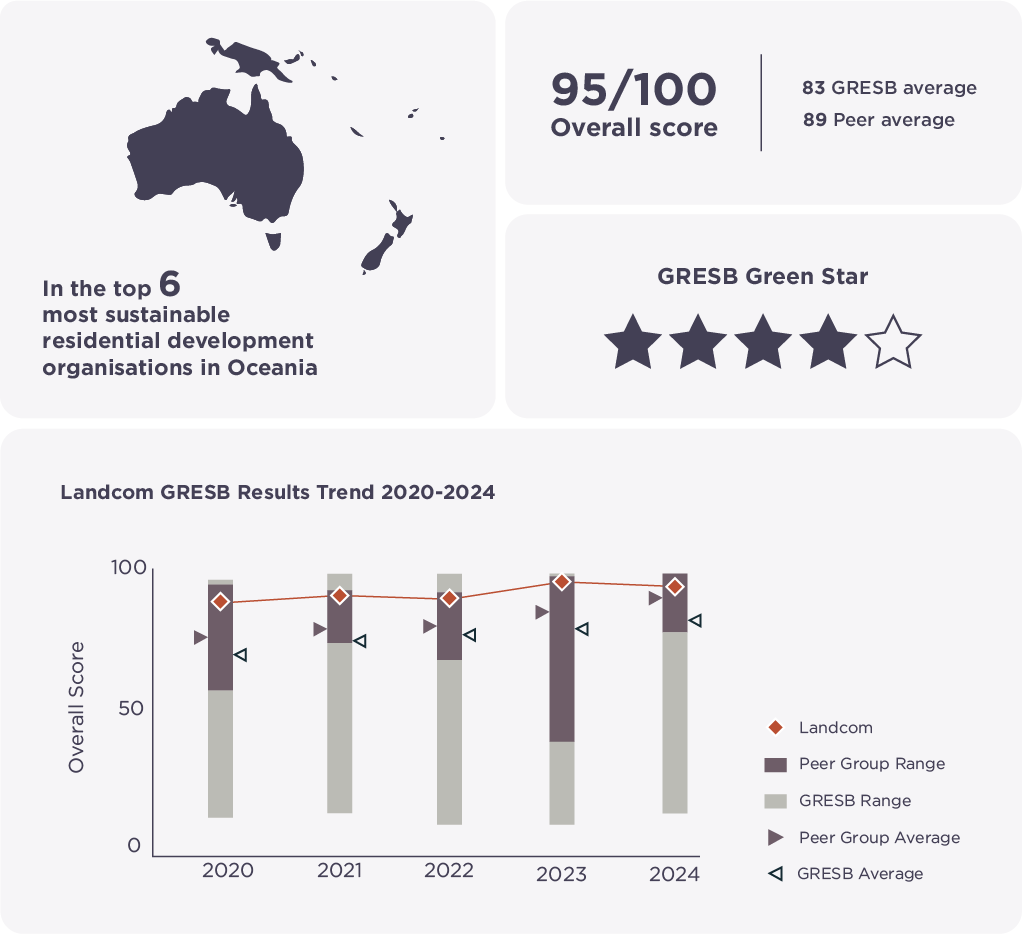
Throughout the reporting period Landcom continued to voluntarily adopt the NSW Government Resource Efficiency Policy (GREP). The GREP helps the NSW Government to set an example in addressing the challenge of rising resource costs, and reducing impacts on our economy, environment and community.
The GREP guides Landcom’s approach to energy, water and waste efficiency in our corporate operations, and helps us align with the State Government’s sustainability goals1. Key activities in the reporting year relating to the GREP include:
- a total of 1.26 tCO2 -e Scope 1 emissions were recorded 2 for the reporting year. Sources were sales offices (gas) and Landcom’s fleet vehicles fuel combustion). Landcom had no biogenic emissions
- Landcom had no Scope 2 emissions, as the 128,442 kWh of electricity used to power our operations was Green Power
- based on a total of 191 full time equivalent staff members (FTE), Landcom’s energy intensity is 672.5 kWh/FTE
- we maintained our 6 Star NABERS Energy Rating with GreenPower for our Parramatta Office.
Landcom was first certified as a carbon neutral organisation under the Climate Active Carbon Neutral Standard (the Standard) in FY21. During the reporting period, Landcom achieved certification under the Standard for the calendar year 2023. The Standard is Australia’s government managed offset scheme for certifying organisations, products and services, and events.
Historically, Landcom has not set a baseline year for our Scope 1 or Scope 2 emissions as we have consistently purchased green power or offset all our emissions within operational control, but as part of our Climate Active carbon neutral certification, we were required to do so – as such our baseline is calendar year 2019.
We adopt the National Greenhouse and Energy Reporting (NGER) Scheme global warming potential account factors.

1 As outlined in NSW 2021: A plan to Make NSW Number One, which aims to drive resource efficiency by NSW Government agencies in three main areas — energy, water and waste — and also reduce harmful air emissions from government operations.
Human Rights
Landcom as a NSW state-owned corporation had new dual reporting obligations under both the Modern Slavery Act 2018 (Cth) (the Act) and the Modern Slavery Act 2018 (NSW) in FY24. The Modern Slavery Act 2018 (Cth) (the Act) requires entities with an annual revenue of $100 million or more based or operating in Australia to prepare annual statements on potential modern slavery risks in their operations and supply chains and disclose the steps taken to address those risks. Our FY24 Modern Slavery Statement is presented in full here.
During FY24, we matured our approach to supplier engagement and developed new, bespoke modern slavery training for our suppliers which will be rolled out in FY25. We also continued to engage with our Tier 1 suppliers to delve deeper into our supply chain and its modern slavery risks and also continued to adopt supplier pre-qualification requirements for contracts with a value over $150,000.
Landcom published their modern slavery remediation plan on our corporate website in FY24 that guides us on what to do when a report of modern slavery is made. This guide is aligned to the United Nations Guideline Principles on Business Human Rights and is based on three core principles of Identify, Escalate, and Repair.
We maintained our membership of the Property Council Modern Slavery Working Group, which facilitated research and guidance reports led by academia and industry experts on human rights. We also continued to use the ‘Supplier Platform’ that provides a consistent approach to engagement on modern slavery across the industry’s shared supply chain.
Increasing awareness of modern slavery remains at the heart of tackling this human rights matter. In FY24, we continued to roll out and monitor staff training to ensure our people are alert to modern slavery and know how to raise concerns. We also worked with Director, Australian Human Rights Institute Faculty of Law & Justice at the University of New South Wales and the CEO of Better Sydney, on a bespoke modern slavery training session with Landcom’s Executive Committee and CEO.
Lastly, from a strategic perspective, we took stock of the progress made against our commitments since our first modern slavery statement in FY20, developed and improved our operational frameworks and processes to support their implementation, and reflected on the maturation of our overall approach, identifying gaps and opportunities to fulfil our leadership aspirations for FY25 and beyond.
For full detail on Landcom’s disclosures on the mandatory reporting criteria for the Modern Slavery Act 2018 (Cth) (the Act), please see our Modern Slavery Statement and disclosures under Modern Slavery Act 2018 (NSW) are presented in our Annual Report here.
Landcom confirmed our commitment to fostering respectful and meaningful relationships with Traditional Owners and Aboriginal and Torres Strait Islander communities in our sphere of operation by successfully closing out our first Reconciliation Action Plan, our Reflect RAP, in December 2023.
This milestone marked the significant progress we made in FY24 in our reconciliation journey across the four pillars of Respect, Relationships, Opportunities and Governance. Some of the key achievements under our Reflect RAP include:
- launching and implementing Landcom’s Connecting with Country guidance document which was co-designed with Balarinji through a series of workshops with Landcom staff
- continuing to elevate the profile of Landcom’s reconciliation work through internal communications channels and updating communication templates to include Acknowledgement of Country
- increasing staff knowledge of culture and history through staff cultural awareness training and celebrating significant events such as Reconciliation Week and NAIDOC Week
- creating dedicated resources to inform staff on the facts surrounding the Voice to Parliament referendum
- engaging with 11 Supply Nation certified businesses and including a spend target with First Nations owned businesses for our office refurbishment
- improving employment outcomes by creating an Indigenous Employment Framework in partnership with Stonecrab, who also facilitated staff workshops as part of this process
- collaborating with other RAP like-minded organizations to drive reconciliation outcomes by participating in the NSW Government Reconciliation Action Community meetings
- maintaining effective governance of the RAP through six weekly meetings of the RAP Collaborative, and having two executive leadership representatives as the RAP champions.
In FY24, Landcom also commenced the development of our Innovate RAP and engaged Aboriginal owned consultancy, Ngurra Advisory for strategic support. To start this process, Ngurra Advisory conducted interviews with key staff, including members of the Executive Committee and the new members of the RAP Collaborative to inform the commitments that will be made under our Innovate RAP.
Landcom has continued to promote diversity and inclusion (D&I) across our business throughout FY24. Our D&I Policy outlines our commitment to providing a workplace culture that embraces equity, diversity and inclusion at all levels of our organisation enabling staff to thrive and do their best work.
Our D&I Action Plan focuses on the following key goals:
- foster a culture of fairness, respect and equal opportunities
- initially prioritising women, Aboriginal and Torres Strait Islanders, culturally and linguistically diverse people, people with disability, generational diversity and LGBTQIA+
- reduce bias and embed diverse and inclusive practices into how we work.
As part of the Action Plan, and to help enable the above goals, Landcom has adopted a suite of D&I measures and metrics, benchmarked against several Australian datasets. Our FY24 results are presented in Landcom’s Annual Report..
Landcom recognises that managing work, relationships, caring responsibilities, finances and other life needs can be challenging at times for us all. Landcom partners with LifeStreet – an Employee Assistance Program focused on wellbeing and an individual’s life as a whole.
Accessible to all staff, LifeStreet offers usual assistance services to employees and immediate family members, and has resources and tools for staff to use in their lives more broadly.
Users can access their own digitally-based LifeStreet profile via a secure login, and use self-assessment tools to help direct them to the appropriate resources on their platform. Topics span health and wellness, family and relationships, work and career, psychological and emotional wellbeing, carers needs, financial management and planning and purpose and contribution. Users can also be connected to coaches or medical professionals – such as sleep psychologists if that is an area of personal wellbeing improvement a user may need support with.
Our Sustainable Places Strategy
Our Sustainable Places Strategy with four Leadership Goals guides the way we deliver new communities. Our FY24 performance for each part of our strategy is accessible below.
